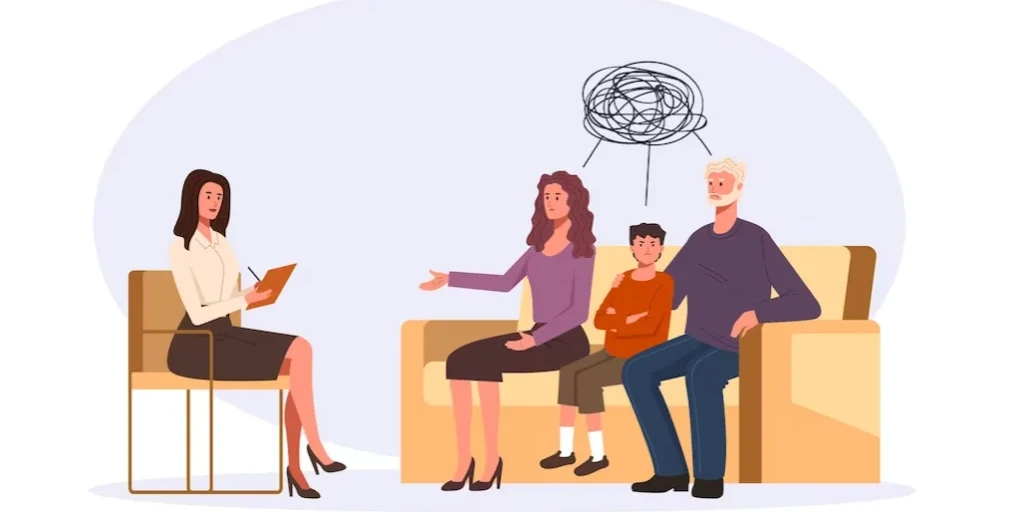24/7 Helpline:
(866) 899-111424/7 Helpline:
(866) 899-1114
Learn more about Bipolar Disorder Treatment centers in Osage County
Bipolar Disorder Treatment in Other Counties

Osage Nation – Primary Residential Treatment Center
Osage Nation- Primary Residential Treatment Center is a drug and alcohol residential program run by ...


















































































Edwin Fair Community Mental Health Center – Outpatient
Edwin Fair Community Mental Health Center – Outpatient is a private rehab located in Pawhuska, Oklah...





























































Other Insurance Options

Coventry Health Care

ComPsych

American Behavioral

CareSource

MVP Healthcare

UMR

Horizon Healthcare Service

Kaiser Permanente

BHS | Behavioral Health Systems

Providence

BlueCross

Amerigroup

Carleon

Health Partners

GEHA

Lucent

AllWell

WellPoint

Private insurance

PHCS Network